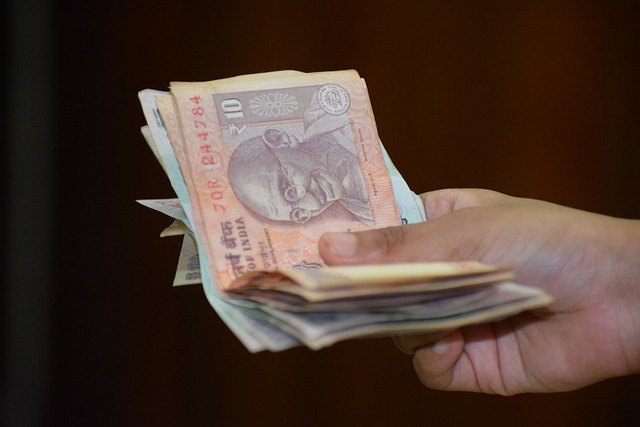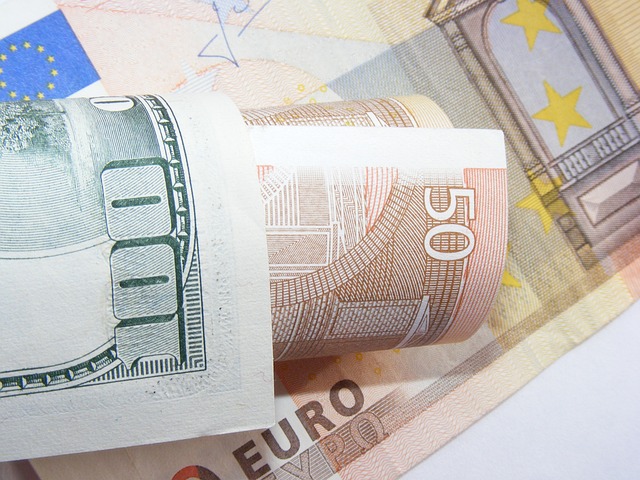Internet and Mobile Services in the Netherlands: A Connected Nation

The Netherlands is one of the most digitally connected countries in the world, boasting high-speed internet, widespread mobile coverage, and a tech-savvy population. Known for its advanced infrastructure and innovative approach to telecommunications, the Netherlands offers reliable and affordable internet and mobile services to both residents and visitors. This article explores the state of internet and mobile services in the Netherlands, highlighting key providers, technological advancements, and the impact of connectivity on Dutch society and economy.
Internet Services in the Netherlands
High-Speed Connectivity
The Netherlands is a global leader in internet speed and penetration. According to recent reports, the country consistently ranks among the top nations for average internet speed, with widespread access to fiber-optic broadband and cable internet. This high-speed connectivity is a result of significant investments in digital infrastructure by both the government and private sector.
Key Internet Service Providers (ISPs)
The Dutch internet market is highly competitive, with several major providers offering a range of services:
- KPN: The largest telecommunications provider in the Netherlands, KPN offers fiber-optic, DSL, and cable internet services. Known for its reliability and extensive coverage, KPN is a popular choice for both households and businesses.
- Ziggo: A leading cable internet provider, Ziggo offers high-speed internet bundled with TV and phone services. It is known for its competitive pricing and customer-friendly packages.
- T-Mobile Netherlands: Offering both mobile and fixed-line internet services, T-Mobile is a strong competitor in the Dutch market, particularly for its flexible and affordable plans.
- VodafoneZiggo: A merger between Vodafone and Ziggo, this provider offers a wide range of internet, TV, and mobile services, leveraging the strengths of both companies.
Fiber-Optic Expansion
The Netherlands has made significant progress in expanding its fiber-optic network, which provides ultra-fast internet speeds and supports data-intensive applications. Cities like Amsterdam, Rotterdam, and Utrecht are fully equipped with fiber-optic infrastructure, and efforts are underway to extend coverage to smaller towns and rural areas.
Affordability and Accessibility
Internet services in the Netherlands are relatively affordable compared to other European countries. The competitive market ensures that consumers have access to a variety of plans and packages, catering to different needs and budgets. Additionally, the Dutch government has implemented initiatives to ensure that even low-income households have access to affordable internet.
Mobile Services in the Netherlands
Extensive 4G and 5G Coverage
The Netherlands has one of the most advanced mobile networks in Europe, with extensive 4G coverage and rapidly expanding 5G networks. Mobile operators have invested heavily in infrastructure to ensure fast and reliable connectivity, even in rural areas.
Mobile Network Operators
The Dutch mobile market is dominated by three major operators:
- KPN: As the market leader, KPN offers comprehensive mobile plans with extensive coverage, including in remote areas. It is known for its premium services and customer support.
- VodafoneZiggo: A strong competitor, VodafoneZiggo offers competitive mobile plans and innovative services, such as unlimited data packages and 5G connectivity.
- T-Mobile Netherlands: Known for its budget-friendly plans and flexible options, T-Mobile is popular among younger users and frequent travelers.
Prepaid and Postpaid Options
Dutch mobile providers offer a variety of prepaid and postpaid plans to cater to different needs. Prepaid plans are ideal for tourists and short-term residents, while postpaid plans provide greater flexibility and additional benefits for long-term users.
Roaming and International Services
As part of the European Union’s roaming zone, Dutch mobile users enjoy affordable roaming rates when traveling within the EU. Additionally, Dutch providers offer international packages for calls, texts, and data usage outside Europe.
Impact of Connectivity on Dutch Society and Economy
Digital Transformation
The Netherlands’ advanced internet and mobile services have been a driving force behind the country’s digital transformation. Businesses, particularly in the finance, healthcare, and technology sectors, rely on high-speed connectivity to innovate and compete on a global scale. The widespread adoption of digital tools and platforms has also improved efficiency and productivity across industries.
E-Government and Smart Cities
The Netherlands has embraced e-government initiatives, making public services more accessible and efficient through online platforms. Cities like Amsterdam and Rotterdam are leading the way in developing smart city projects, leveraging IoT and 5G technology to enhance urban living, reduce energy consumption, and improve transportation systems.
Education and Research
The availability of high-speed internet has transformed education and research in the Netherlands. Universities and research institutions benefit from seamless connectivity, enabling collaboration on international projects and access to vast digital resources. Online learning platforms and virtual classrooms have also become integral to the education system.
Tourism and Hospitality
The Netherlands’ tourism industry has greatly benefited from robust internet and mobile services. Tourists can easily access information, navigate using digital maps, and share their experiences on social media. Hotels, restaurants, and transportation services rely on connectivity to enhance customer experiences and streamline operations.
Challenges and Future Directions
While the Netherlands’ internet and mobile services are among the best in the world, there are challenges to address:
- Digital Divide: Despite high overall connectivity, some rural and low-income areas still face gaps in access to high-speed internet. Efforts to bridge this digital divide are ongoing.
- Cybersecurity: As digital reliance grows, ensuring the security of networks and data is critical. The Netherlands is investing in cybersecurity measures to protect users and businesses from threats.
- Sustainability: The environmental impact of digital infrastructure is a growing concern. Dutch providers are exploring sustainable solutions, such as energy-efficient data centers and renewable energy sources.
Looking ahead, the Netherlands aims to further enhance its digital infrastructure, with a focus on 6G technology, AI-driven networks, and sustainable connectivity solutions. These advancements will ensure that the Netherlands remains at the forefront of the global digital economy.




